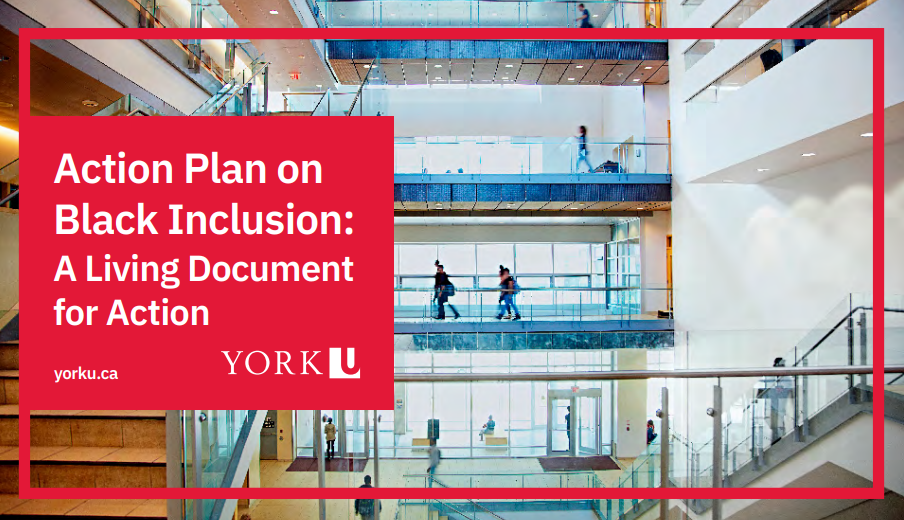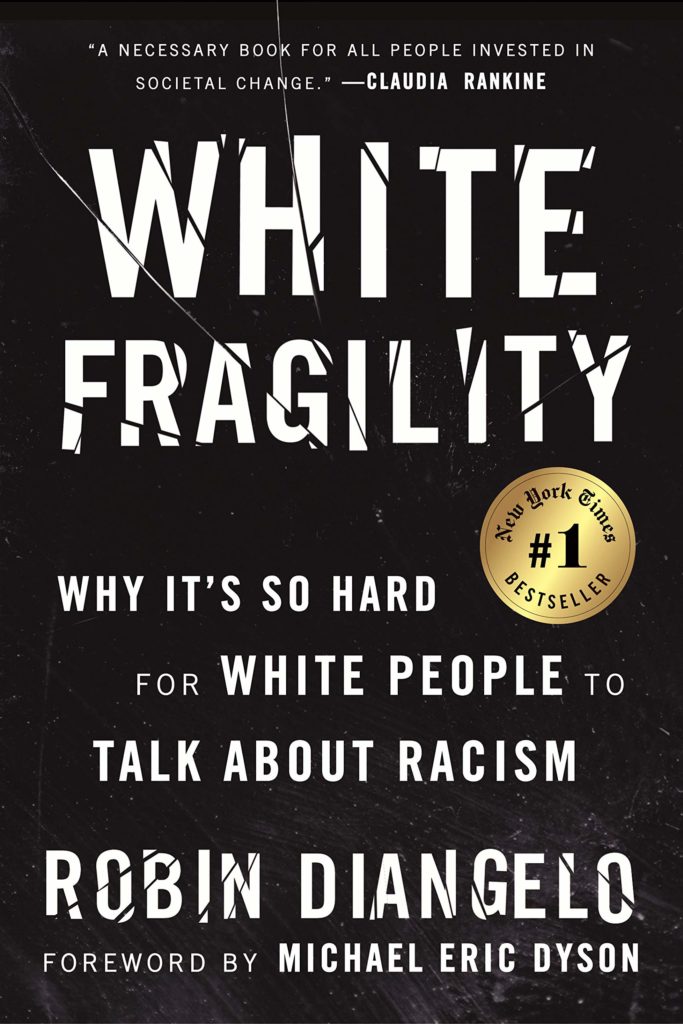I’m a big reader. This won’t come as a surprise to anyone who’s engaged in a conversation with me. I’m often referring to interesting pieces of information I’ve read – new perspectives, authors with compelling backgrounds, facts and their origin stories. One thing I’ve noticed recently with some of the works I’ve chosen to read is a focus on history and historical context as a critical tool to understand our present state. After all, we can’t understand where we are without first understanding where we’ve been and how we got here. This is indisputable. But, as I continue to make my way through the pages, something has recently surfaced as being absent on many – the now.
Several weeks into Black History Month, this is something that is incredibly salient. Last year, I reflected on the history of the month and shared some relevant reading for those looking to further their education around Canadian race relations and milestone moments in civic action that shaped the Canada we know today. I also shared integral documents York developed to further our work in anti-black racism and black inclusion – Addressing Anti-Black Racism: A Framework on Black Inclusion and the subsequent plan for tangible change, Action Plan on Black Inclusion: A Living Document for Action.

This year, I urge us to take our key learnings and lessons from history and ground ourselves firmly in the present day. How can our learnings inform our action? How can our understanding of race relations – their roots in white supremacy, the complex role of intersectional identities and the multiple facets of microaggressions and macro-injustices – propel us toward change?
At York and in our division, these are questions we are consistently seeking to answer. As we do the work, we are finding that answers to these questions are not easy; they will require unlearning and redevelopment of processes and systems that are inherently built on a system of oppression.
This month, the DFA’s Decolonization, Equity, Diversity and Inclusion Council is holding its inaugural networking and mentoring event for staff who are Black, Indigenous and People of Colour (BIPOC). While this event falls within Black History Month, it is not a Black History Month event. Rather, it seeks to highlight representation in the DFA by showcasing BIPOC leaders and allies in the division and facilitating introductions with BIPOC staff. As the inaugural event, it is the first in a planned series that intends to run multiple times throughout the year.
As the council was preparing for this important event, something troubling came to light – there was a challenge in finding enough BIPOC leaders in the DFA to make this event a success. An event centred upon highlighting representation simply highlighted the lack of it in the first place. This is a difficult and uncomfortable truth, and something that I, as a leader, have sat with since the time it was brought forward to me.
I am currently reading White Fragility by Robin DiAngelo, and a quote of hers came to mind:

“The key to moving forward is what we do with our discomfort. We can use it as a door out —blame the messenger and disregard the message. Or we can use it as a door in by asking, Why does this unsettle me? What would it mean for me if this were true?”
I’ve emerged from my reflection with two truths, both equally valid – there are many highly skilled and intelligent BIPOC leaders in the DFA, and there are not enough BIPOC leaders in the DFA. As a leader, it is my responsibility to ensure we are participating in hiring practices with inclusivity and equity as a cornerstone to ensure we are attracting diverse candidates that are deserving of positions in our division. It is not enough to write that we adhere to principles of DEDI in our job descriptions, we have to be intentional about sharing job opportunities where diverse candidates, especially BIPOC candidates, are likely to see them. We have to test our outreach to ensure that we’re hitting the mark, and if we’re not, we need to regularly adjust.
This is what we need to do now to build the inclusive future we envision.
As we move forward as a division, there are a handful of initiatives underway that seek to transition key historical learnings into present day action. One such important initiative is the review of York’s security services that has taken place over the last year. I am happy to share that I recently received the final report from the internal expert panel and have presented the recommendations to the University Executive Committee. The next step will be the formation of a working group to thoroughly review the recommendations and begin developing an implementation plan. I look forward to these recommendations taking shape and contributing to the goals identified in York’s framework for Black inclusion.
While at times it can be difficult to confront realities, especially as it pertains to our current practices and status around equity, diversity and inclusion, it is important that we continue to do so. I am grateful to be among colleagues in our division who have a strong history of supporting each other and creating safe spaces for honesty and growth.
I hope we can continue to work alongside each other to glean lessons from history and put our intention into action.
Carol

1 Comment
Amazingly self-aware kudos to you!
I've been giving coworkers and people that I'm close with helpful hints to identify racial biances and different thought processes towards others closer to them than they think.
We tend to only look at media and social avenues to be aware of when it can be right in our offices our work environment.